2015 Archive (16 found)
 At Her Zenith
At Her Zenith
December 30, 2015 | Chicago Tribune
At the French palace at Fontainebleau in June 1984, Margaret Thatcher told nine European heads of state that she wanted Britain’s money back. The United Kingdom’s contribution to the European Community was excessive, she said, and always had been. She wanted a rebate. Thatcher’s demand tested the patience of French President Francois Mitterrand and German …
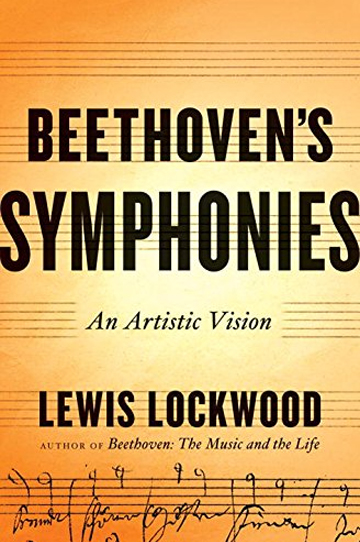 The Master at Work
The Master at Work
December 12, 2015 | The Wall Street Journal
The finale of Beethoven’s Fifth Symphony is one of the great epiphanies in all of music. It follows three movements of relentless passion and fury evoking man’s doomed battle against fate. Suddenly the orchestra erupts in pure C major and blasts three notes of hope and redemption: C, E, G, the first chord every child …
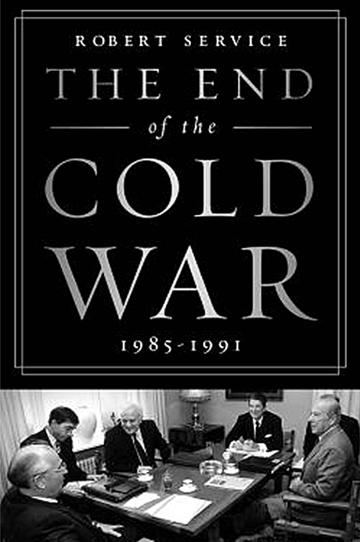 The End of the Cold War
The End of the Cold War
December 8, 2015 | The Barnes & Noble Review
Who deserves credit: Reagan or Gorbachev? It is a question that drives many a book about the downfall of the Soviet Union. Yet to Robert Service, the eminent British historian of Soviet Russia, the question overlooks the complex and dynamic mechanics of history. In The End of the Cold War: 1985–1991, Service masterfully weaves a …
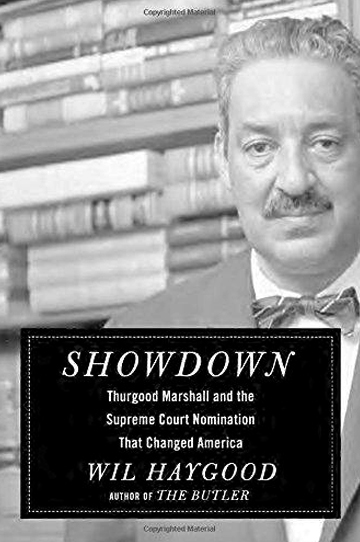 Thurgood Marshall, Badass Lawyer
Thurgood Marshall, Badass Lawyer
October 1, 2015 | The Atlantic
In the 1930s, African Americans in Texas were not allowed to vote in the Democratic Party primary. The Democrats had a stranglehold on state politics, so the exclusion effectively deprived blacks of the franchise. A 1923 statute had made the ban explicit; when the Supreme Court struck down the law in 1927, slippery local officials …
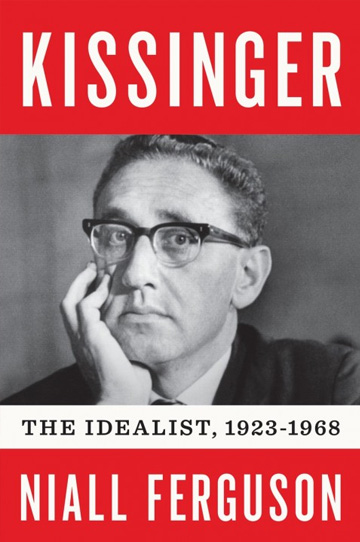 Restoring Henry
Restoring Henry
September 15, 2015 | Washington Monthly
In 1940 the young Henry Kissinger, caught in a love quadrangle, drafted a letter to the object of his affections. Her name was Edith. He and his friends Oppus and Kurt admired her attractiveness and had feelings for her, the letter said. But a “solicitude for your welfare” is what prompted him to write—“to caution …
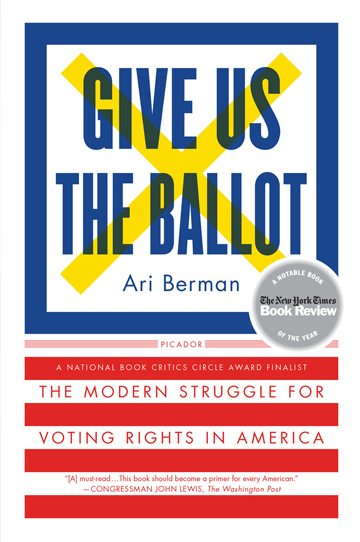 Give Us the Ballot
Give Us the Ballot
August 5, 2015 | The Barnes & Noble Review
The dogs. The lunch counter. The “whites-only” sign. These enduring images of the civil rights movement are visceral symbols of separation and resistance. Yet they obscure a less tangible but more profound civil right: the right to vote. President Lyndon Johnson viewed the franchise as the right on which all other rights depend: “the meat …
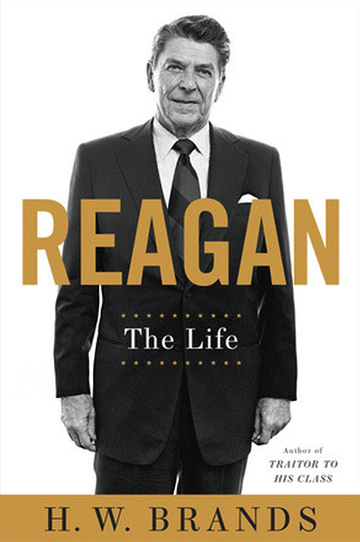 On Not Canonizing the Gipper
On Not Canonizing the Gipper
July 2, 2015 | Washington Monthly
When I think of Ronald Reagan, I am reminded of a car salesman named Mo who once put me in a used Nissan. The car I wanted had a sticker price that seemed a little steep. Seeking to negotiate, I made an offer. Mo—who I should mention was irrepressibly pleasant and impossible to dislike—proved unwilling …
 Inklings of Immortality
Inklings of Immortality
June 26, 2015 | The Wall Street Journal
It was an awful name for a wizard. Early drafts of “The Hobbit,” the children’s fairytale by J.R.R. Tolkien, referred to the bearded man in the pointy hat as “Bladorthin,” which sounds like an Elvish word for a urological problem. By the time “The Hobbit” was published in 1937, Tolkien had settled on the pithier …
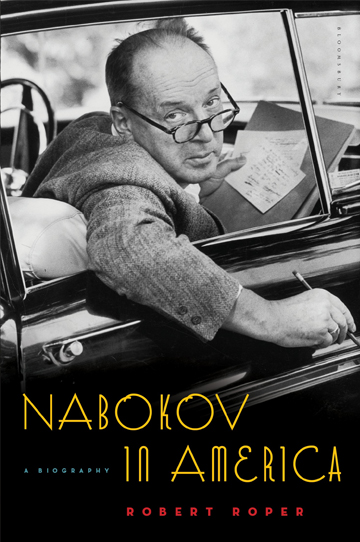 Nabokov in America
Nabokov in America
June 25, 2015 | Chicago Tribune
During his 20-year stay in the United States (1940–1960), Vladimir Nabokov enjoyed a remarkable friendship with the literary critic Edmund Wilson. The two giants had much in common: Nabokov the Russian and Wilson the Russophile; both men pedantic and exacting in their literary standards; each swift to judge and slow to retract. They developed a …
 To Fame and Fortune
To Fame and Fortune
May 11, 2015 | The Barnes & Noble Review
As a young man, Saul Bellow radiated confidence about his future as a writer. Alfred Kazin observed that “he carried around with him a sense of his destiny,” as though he “expected the world to come to him.” Referring to Bellow’s uncanny gift for language, another friend told him, “You don’t dive for those pearls …
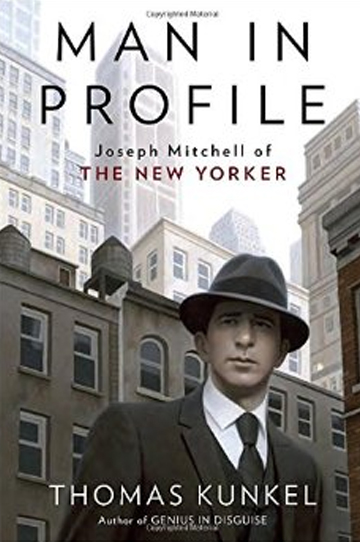 Man in Profile
Man in Profile
May 6, 2015 | The Barnes & Noble Review
In 1944 Joseph Mitchell wrote one of the great profiles in the storied history of The New Yorker. Its subject was Old Mr. Flood, a 93-year-old “seafoodetarian,” comfortably retired after the sale of his demolition and salvage business and established in rooms at the Hartford Hotel. Mr. Flood’s aspiration was to live to the age …
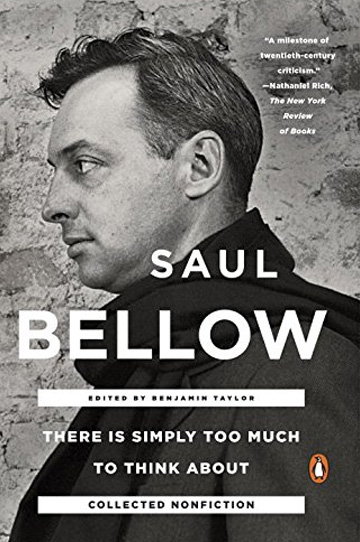 Mr. Bellow’s Planet
Mr. Bellow’s Planet
April 10, 2015 | The Wall Street Journal
IN THE WINTER of 1949, Saul Bellow needed an epiphany. Living in Paris and bogged down writing a dour novel about a man dying in a hospital room, he felt hemmed in on all sides: “deafened by the noise of life, by cries and claims and counterclaims and fantasy and desire and ambition for perfection, …
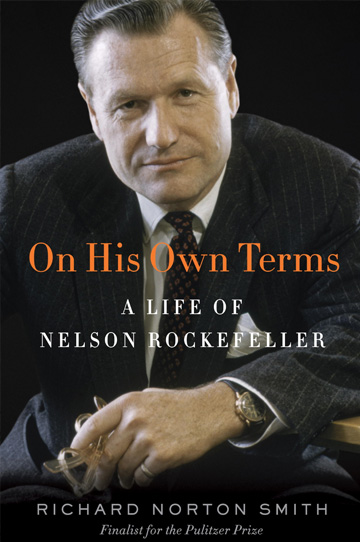 Fortune’s Son
Fortune’s Son
February 4, 2015 | The Nation
Here lies Nelson Rockefeller: billionaire, presidential contender, forty-first vice president of the United States, forty-ninth governor of New York; builder, Pollyanna, glad-hander, king of the blue-ribbon commission; art collector, philanderer, Republican, liberal. The biggest personality in national politics between Lyndon Johnson and Bill Clinton, Rockefeller was as overwhelming and unexpected as a typhoon on a …
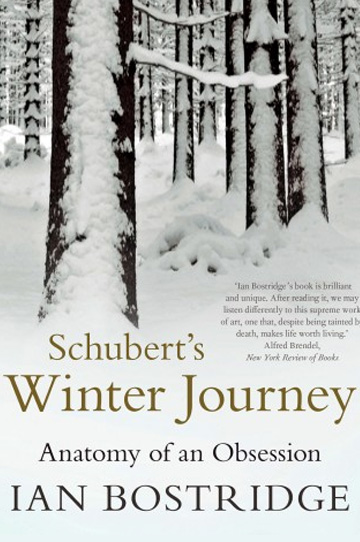 A Masterpiece to Make You Shiver
A Masterpiece to Make You Shiver
January 23, 2015 | The Wall Street Journal
A concert performance of Franz Schubert’s “Winterreise” ends like nothing else in music. The famed cycle for male voice and piano encompasses 24 songs and lasts 75 minutes. Set to the poetry of Wilhelm Müller, it portrays a figure out in the cold. Desolate, unlucky in love, and above all alone, he wanders and laments; …
 Gateway to Freedom
Gateway to Freedom
January 16, 2015 | The Barnes & Noble Review
A fugitive slave never stops running. During the nineteenth century, escaped slaves from the American South looked over their shoulders until they reached Canada, which stoutly refused to extradite them. Slave catchers roamed the cities of the North. Federal law and even the American Constitution abetted their awful work. Whites were more likely to betray …
 SCOTUS Heads Toward the Cliff
SCOTUS Heads Toward the Cliff
January 15, 2015 | Washington Monthly
What is the difference between judicial conservatives and judicial libertarians? You will not hear many libertarians protest the Roberts Court’s recent trend to give corporations First Amendment rights, such as the right to donate to political campaigns (Citizens United) and the right to oppose contraceptive coverage on religious grounds (Hobby Lobby). Conservatives and libertarians sparred …